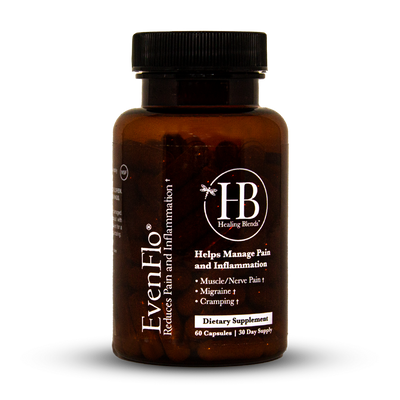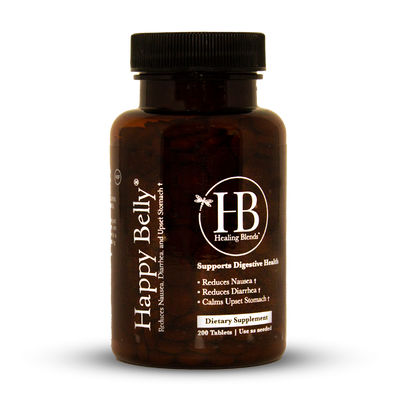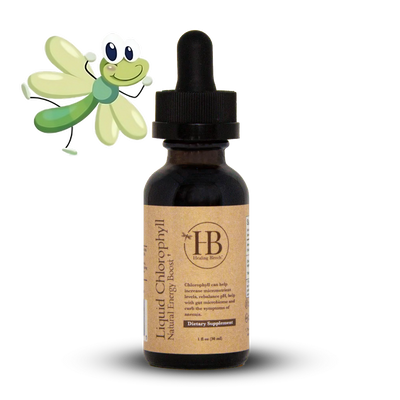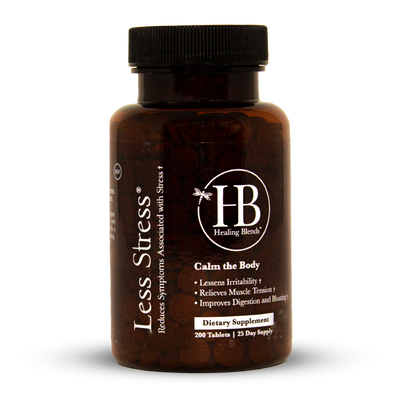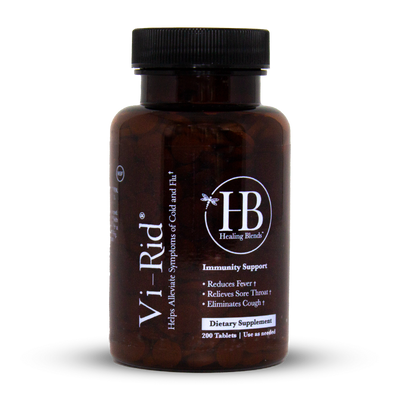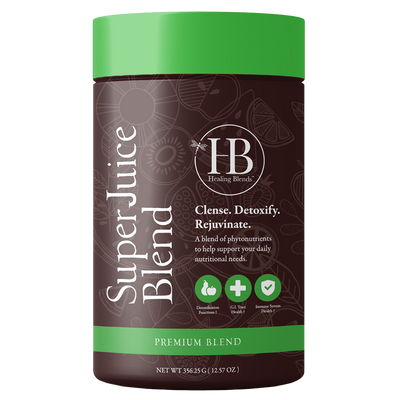Epigenetics & Exercise: A Twofold Relationship
Different types of exercise and physical activities involve mechanical, hormonal, and metabolic influences – all of which help to improve health, reduce the risk of diseases such as diabetes and cancer, as well as boost quality of life. Yet, how exactly do genes benefit from exercise?
New findings suggest that exercise may be a potential epigenetic modifier, countering unwanted alterations of the epigenome - something that could have a major impact on athletic performance and overall wellbeing.
Rewinding the Epigenetic Clock
According to a recent study, our muscles may have a molecular memory in the shape of epigenetic marks on top of DNA. This phenomenon, called epi-memory, indicates that our genes can “remember” skeletal muscle growth.
In this instance, the epi-memory is seen above the DNA in the form of DNA methylation – an epigenetic mechanism that affects gene expression. Methyl groups suppress gene expression when added on top of DNA via methylation. When these groups are removed, we see an increase in gene expression.
If we can target the genes responsible for muscle memory, we may be able to introduce therapies that promote muscle growth and reduce muscle loss, thereby aiding healthy aging. For athletes, this could mean quick and improved recovery from an injury and associated muscle loss.
While further research is necessary, activation of these muscle memory genes may contribute to low-grade systematic inflammation and responses, such as demethylation of tumor-suppressor genes.
Expressing Your Best Genetic Self
There is no doubt about the fact that exercise stimulates different responses within the body throughout the course of one’s lifetime. It increases levels of eustress, or ‘good stress’, on the body, which greatly impacts the stability of the epigenetic equilibrium.
With a single workout, the genetic modifications that occur can help the muscles adapt to the demands of exercise. This, in turn, can have profound effects on health and body, lowering one’s risk of cardiovascular disease and related metabolic and inflammatory disorders.
Bottomline
The takeaway message is that the preventive and rehabilitative effects of long-term exercise can drastically alter the expression of thousands of genes that affect health and athletic performance. They can positively impact our ability to maintain muscle mass as we age, prevent ailments, as well as increase longevity.
We already know that exercising and eating a well-balanced diet is vital to maintaining a healthy lifestyle and supporting positive gene expression, but it doesn’t hurt to be reminded.
References:
- "Does skeletal muscle have an 'epi'-memory? The role of epigenetics in nutritional programming, metabolic disease, aging and exercise." via Aging Cell
- "Your Perception is Your Reality | Epigenetics Affecting Sports Performance" via www.cwilsonmeloncelli.com
- "Exercise Strengthens Your DNA" via Men's Health
- "Parents Who Exercise Could Epigenetically Pass on Heightened Learning Ability to Their Children" via What is Epigenetics
- "Modifying your genes could modify your future fitness" via The Global and Mail
- "Quantum Living: Epigenetics And Exercise" via HuffPost













